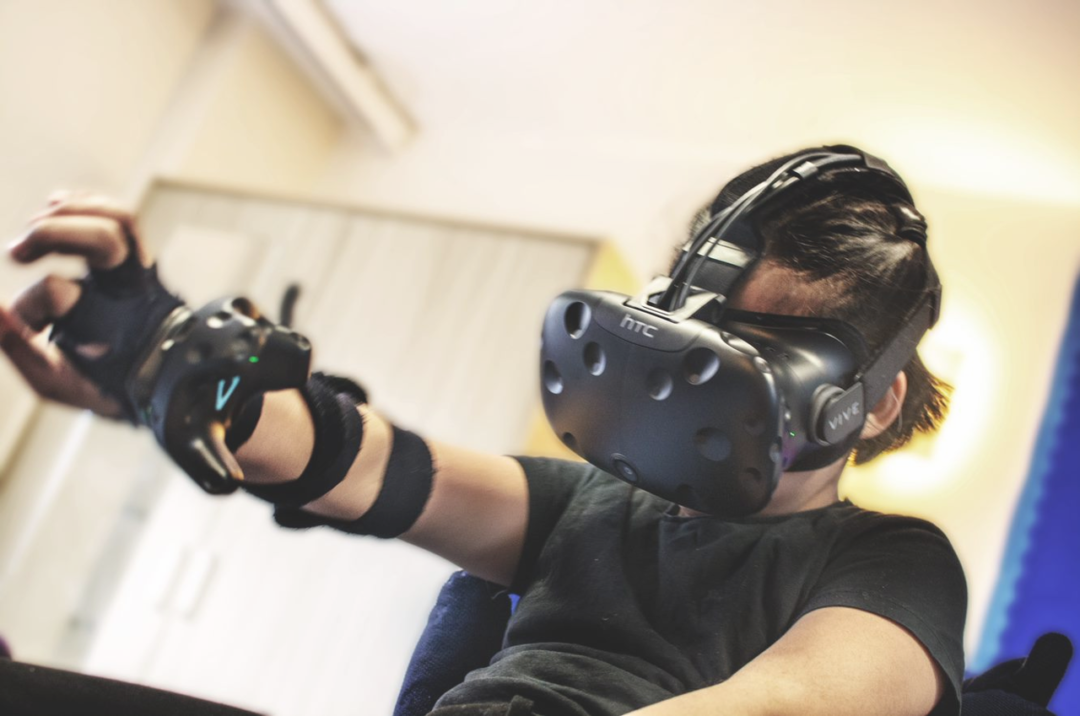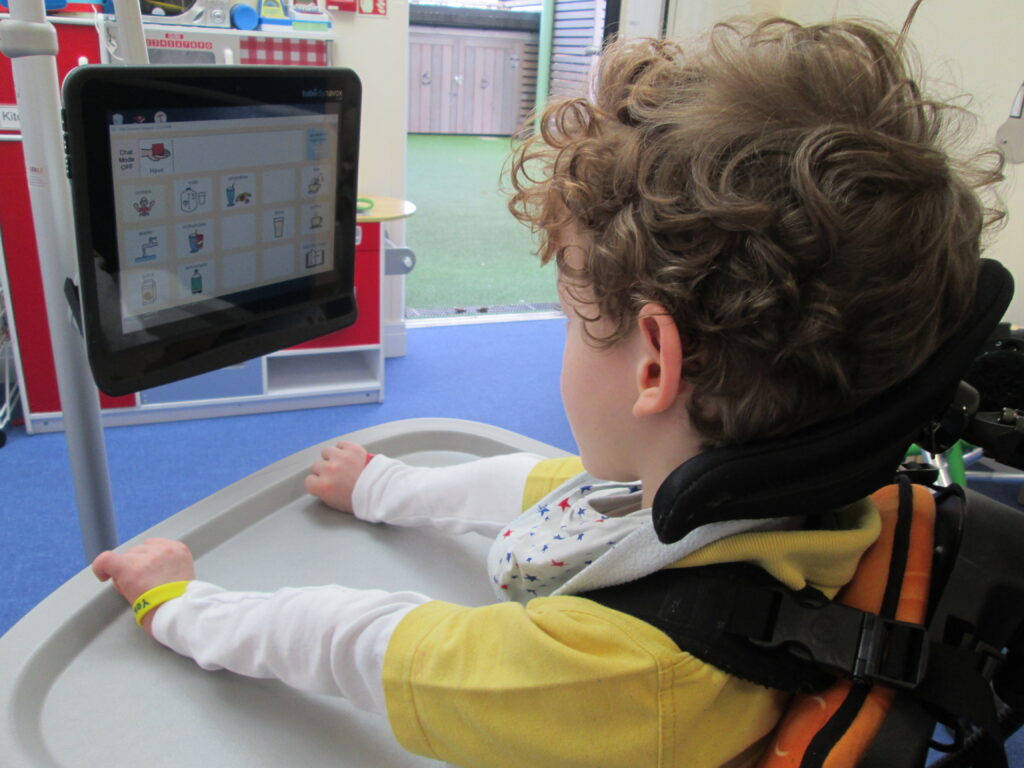SMART Programme
Pace is committed to leveraging the power of that technology, not only for our own children but also for the many thousands of children with neurodisabilities across the UK.

Assistive technology is ever more critical to enabling children and young people with complex physical disabilities to reach their full potential and to participate fully in the world.
Pace is committed to leveraging the power of that technology, not only for our own children but also for the many thousands of children with neurodisabilities across the UK.
Pace is becoming a SMART organisation, through which the power of technology will be fully harnessed to further enhance the outcomes that we can achieve for our children, young people and families. Our SMART Programme will further enhance our outstanding practice, making the most of what technology can deliver for our children and young people, and will incorporate:
Pace is committed to leveraging the power of that technology, not only for our own children but also for the many thousands of children with neurodisabilities across the UK.
Pace is becoming a SMART organisation, through which the power of technology will be fully harnessed to further enhance the outcomes that we can achieve for our children, young people and families. Our SMART Programme will further enhance our outstanding practice, making the most of what technology can deliver for our children and young people, and will incorporate:

2022 SMART Programme Priorities
In 2022, we will:
- Continue to fund, and deliver, our SMART classroom development, based on further outcomes and feedback from our pilot programme.
- Complete the third and final year of our SMART curriculum.
- Extend our collaborations with technology companies and university departments, particularly the commercialisation of our power wheelchair simulator and switch technology developments.
- Continue to disseminate our learning to other schools and charities, through social media, conferences and specialist media.
Learn how you can support children with neurodisabilities through our strategic priorities and services
Strategic SupportDon’t miss out on news, stories and campaigns
Sign up today and stay on top of all our exciting developments.
By submitting your details, you are consenting to our privacy policy
Thank you!
Thank you for subscribing.
